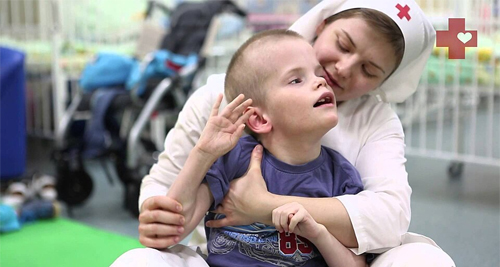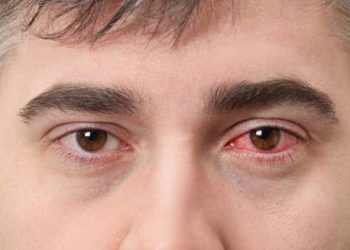Angelman Syndrome Overview
Angelman Syndrome is a rare genetic and neurological disorder that primarily affects the nervous system, leading to severe developmental delays, problems with movement and balance, speech impairment, and a distinctive happy, excitable demeanour. It is often diagnosed in infancy or early childhood when symptoms become more noticeable.
Children with Angelman Syndrome typically exhibit:
- Developmental delays
- Minimal to no speech
- Frequent laughter or smiling
- Trouble with coordination and movement (ataxia)
- Seizures
- Sleep disturbances
Despite these challenges, individuals usually have strong social personalities, enjoy interaction, and display a joyful disposition that sets them apart.
This Syndrome is not degenerative, meaning it does not worsen over time. However, individuals require lifelong support and therapy to manage symptoms and maximise their independence.
Testing & Diagnosis
In South Africa and worldwide, access to genetic testing has improved diagnosis rates, although awareness remains limited. Early intervention can make a major difference in quality of life.
Let’s explore the genetic causes and how it’s inherited.
Understanding Angelman Syndrome
This is a complex but non-degenerative condition that, while rare, has profound impacts on a child’s development, movement, communication, and daily life. Recognizing its hallmark traits — such as minimal speech, coordination difficulties, frequent laughter, and seizures — is key to ensuring early diagnosis and support.
The Importance of Early Support
With improved access to genetic testing, especially in regions like South Africa, more families are receiving timely diagnoses, enabling early therapeutic intervention. While lifelong care is essential, individuals with Angelman Syndrome often maintain joyful, engaging personalities. With the right support, they can lead fulfilling lives, foster meaningful relationships, and achieve important developmental milestones that enhance their overall well-being and independence over time.
Click on the link below to read more about this condition and how genetics contributes to its causes and outcomes overall.
👉 [Next: Causes and Genetics of Angelman Syndrome]
Living with Bladder Pain Syndrome
Treatment for Angelman Syndrome


